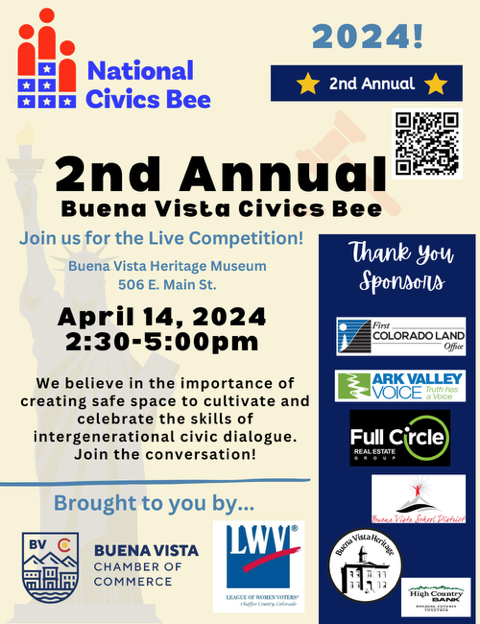How often do we say “OK” in everyday life?
On March 23, 1839, the initials “O.K.” were first published in The Boston Morning Post.
The two letters were an abbreviation for “oll korrect,” at the time a popular slang misspelling of “all correct.” Just as today’s teens text in hashtags often unintelligible to their parents, so was the case in the 1830s when it became popular for younger, educated people to intentionally misspell words, then abbreviate them and use them as slang to talk to each other.
Of all the abbreviations used during that time, “OK,” first printed as a joke in The Boston Morning Post, exploded in popularity when it was picked up by the day’s politicians. Incumbent President Martin Van Buren’s Democratic supporters took to calling themselves the “OK Club” as the term grew in popularity, partly because of his nickname “Old Kinderhook” (his hometown was Kinderhook, N.Y.)
According to “This Day in History,” the mystery of the origin of “OK” was solved by American linguist Allen Walker Read, an English professor at Columbia University. His research dispelled a host of erroneous theories on the origins of “OK,” ranging from the name of a popular Army biscuit (Orrin Kendall) to the name of a Haitian port famed for its rum (Aux Cayes) to the signature of a Choctaw chief named Old Keokuk.
“OK” has become one of the most ubiquitous terms in the world, although perhaps a dubious linguistic export.








Recent Comments